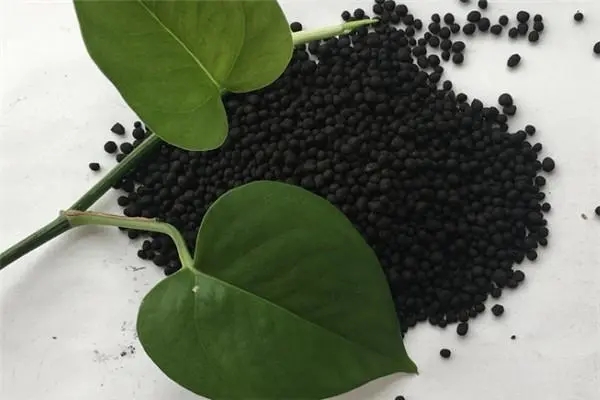
2022-05-10
Mineral source potassium humate is a part of mineral source humic acid with low fragrance, small molecular structure, many groups and good water solubility. It is also the most active part of organic chemistry, physiology and organic chemistry in mineral source humic acid group. Humic acid plays a key role in many application fields, and also affects the quality and market price of mineral humic acid. The market demand for indoor space.
The mineral source potassium fulvic acid is a commodity made from the mineral source potassium fulvic acid through potassiumization. The humic acid fertilizer based on the mineral source humic acid can be seen in 4 places on the market at this stage, and it is also familiar to us. , We all know that this product has actual effects, but what happened to cause such actual effects, let's talk to you today.
The role of potassium humate in soil
1, the effect of colloidal solution
Humic acid can increase soil micro-soil colloid and capillary porosity, improve soil physical and chemical properties, increase soil colloid, promote the production of soil capillaries, and increase soil water-holding power generation and fertilizer retention.
2, adsorption
Potassium humate itself is a mixture of black humic acid, brown humic acid and fulvic acid, with a large relative molecular mass. In the process of its structure generation, some indoor space domains will be generated, and then a unique structure of porous structure will be generated. The porous structure has the characteristics of adsorbing soil pollutants and avoiding their environmental pollution to rivers, lakes, seas and surface water.

3. Suspicion of glue and peptization
Potassium humate has a variety of functional groups, and there are many hydrophilic groups dominated by carboxyl groups. As a water-absorbing and soluble colloidal solution, it can promote the dissolution of soil organic matter and promote carbon biological oxidation.
4. Urease and nitrification inhibition
The quinone group in potassium humate can effectively inhibit the urease in the soil, and at the same time can inhibit the nitrification reaction, reduce the conversion of fluorobenzene nitrogen and ammonium nitrogen, reduce the outflow of nutrients, and increase the utilization efficiency of nutrients. and longevity.
5, slow control effect
Fusion with organic compounds is beneficial to the slow control of N, P, K and other elements, and to increase the utilization rate of soil nutrients.
6, the role of complexation
The complexation of heavy metals exceeds the standard, endangers the transfer, immobilization and accumulation of heavy metals, and reduces environmental pollution to water quality. On the other hand, it can also complexate nutrients, so that trace elements can be fixed around the roots, increasing digestion, absorption and use Rate.
7. Improve the effect of microbial fertilizer
Potassium humate can increase the total number of microbial species in the soil and promote its physiological activities, improving the environmental protection of soil micro-ecology.